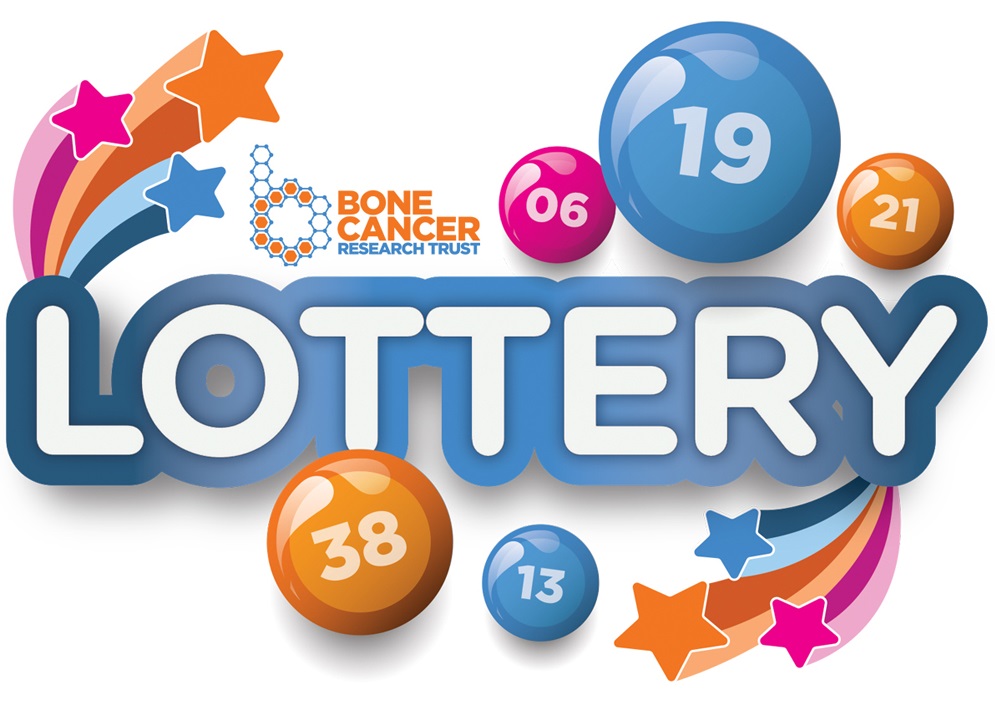
In today’s fast-paced world where success stories are often defined by sudden wealth or overnight fame, the idea of the “lottery mindset” has had root in many people’s thinking—often without them realizing it. This mindset goes beyond simply playing the lottery; it’s a way of https://joseumanaexcavating.com
life through the lens of luck, cutting corners, and the hope that one big break will vary everything. People with a lottery mindset tend to believe that external events, windfalls, or chance opportunities will be the key to their success, rather than hard work, persistence, or gradual progress. This form of thinking can softly influence decisions, goals, and even self-worth, creating a dependence on fantasy over personal agency.
What makes the lottery mindset so alluring is its emotional appeal. It promises another where all of life’s problems can be sorted in an instant—where debt vanishes, freedom is attained, and the trouble of daily life are removed. It’s a provocative vision, especially in a society that glamorizes wealth and nourishes us stories of men and women who suddenly made it big, whether through small business ventures, social media, or, quite literally, winning the lottery. This environment reinforces the fact that if it happened to them, it could happen to anyone. People start to intuitively wait for their turn, expecting that the right moment, the right contact, or the right twist of luck will deliver them to success without the slow slow of effort and time.
The risk of the lottery mindset lies in how it undermines motivation and long-term planning. When people expect life to change super fast, they often times neglect the steps required to build something meaningful and sustainable. Instead of developing skills, saving money, or setting realistic goals, they might spend their energy chasing the next big thing or waiting passively for a miracle. This leads to frustration when those miracles don’t happen, creating a cycle of disillusionment and disappointment. Over time, the lottery mindset can erode confidence and effort, leaving people stuck in a holding pattern of wishing rather than doing.
This mindset also affects how people view work and money. Someone with a lottery mindset could see traditional jobs or gradual promotions as unrewarding or too slow to provide the approach to life they want. They might put time into get-rich-quick schemes or untested investments instead of building financial habits that lead to long-term security. This search for instant wealth can become a form of escapism—a way to face feelings of stagnation or discontentment. But instead than resolving underlying issues, it often deepens them. The reality is that most success, whether financial or personal, is created step by step, not delivered in one dramatic moment.
On a psychological level, the lottery mindset is supported by cognitive biases such as the availability heuristic—the tendency to overestimate the possibilities of events based on how easily examples one thinks of. Media constantly includes people who go viral, win jackpots, or bumble into fortunes, while softly ignoring the millions who don’t. This distorts our sense of probability and fairness. It makes us feel like we’re always just one opportunity away from a breakthrough, even though those moments are exceptionally rare. It’s not about being pessimistic, but about recalibrating our expectations to match reality—and recognizing that consistent effort offers more confidence than luck ever can.
Ultimately, identifying and addressing a lottery mindset doesn’t mean giving up hope or goal. It means shifting focus from fantasy to action, from passive waiting to purposeful doing. Dreams are important, but they become powerful only when they’re backed by discipline, learning, and persistence. A healthier mindset understands that while luck may occasionally play a role in life, it should never function as the plan. Real fulfillment and success come from the work we put in over time—through small wins, smart choices, and resilience. So ask yourself: are you building toward something, or waiting for something to occur to you? The answer could redefine your way forward.